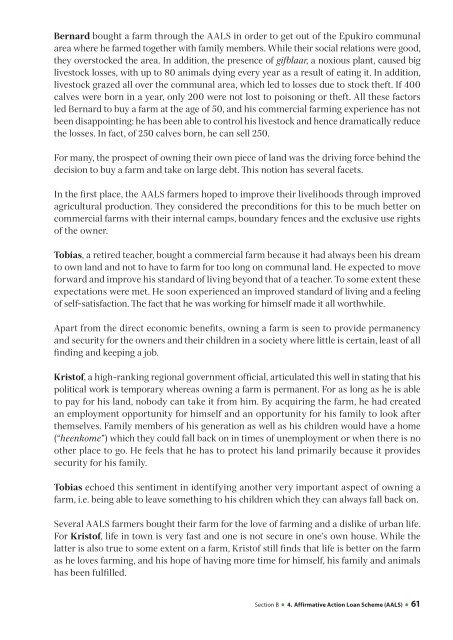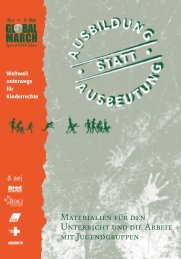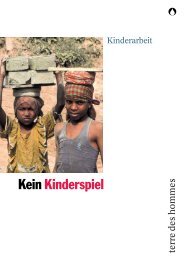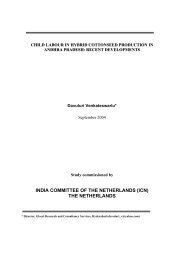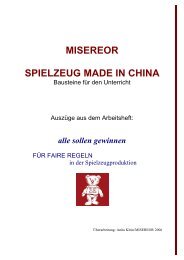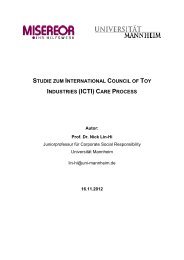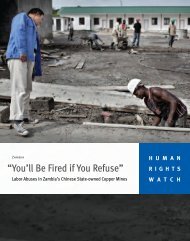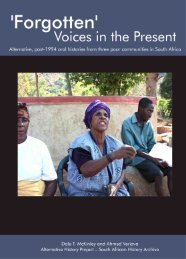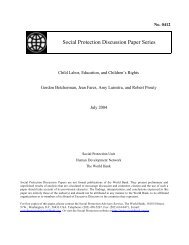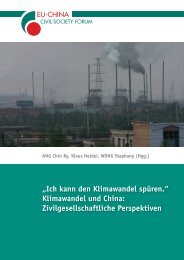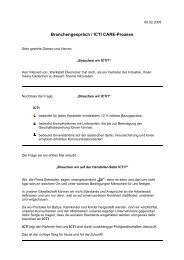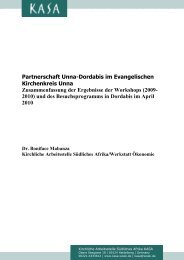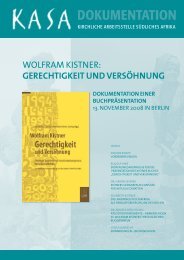Namibia country report
Namibia country report
Namibia country report
- No tags were found...
Create successful ePaper yourself
Turn your PDF publications into a flip-book with our unique Google optimized e-Paper software.
Bernard bought a farm through the AALS in order to get out of the Epukiro communalarea where he farmed together with family members. While their social relations were good,they overstocked the area. In addition, the presence of gifblaar, a noxious plant, caused biglivestock losses, with up to 80 animals dying every year as a result of eating it. In addition,livestock grazed all over the communal area, which led to losses due to stock theft. If 400calves were born in a year, only 200 were not lost to poisoning or theft. All these factorsled Bernard to buy a farm at the age of 50, and his commercial farming experience has notbeen disappointing: he has been able to control his livestock and hence dramatically reducethe losses. In fact, of 250 calves born, he can sell 250.For many, the prospect of owning their own piece of land was the driving force behind thedecision to buy a farm and take on large debt. This notion has several facets.In the first place, the AALS farmers hoped to improve their livelihoods through improvedagricultural production. They considered the preconditions for this to be much better oncommercial farms with their internal camps, boundary fences and the exclusive use rightsof the owner.Tobias, a retired teacher, bought a commercial farm because it had always been his dreamto own land and not to have to farm for too long on communal land. He expected to moveforward and improve his standard of living beyond that of a teacher. To some extent theseexpectations were met. He soon experienced an improved standard of living and a feelingof self-satisfaction. The fact that he was working for himself made it all worthwhile.Apart from the direct economic benefits, owning a farm is seen to provide permanencyand security for the owners and their children in a society where little is certain, least of allfinding and keeping a job.Kristof, a high-ranking regional government official, articulated this well in stating that hispolitical work is temporary whereas owning a farm is permanent. For as long as he is ableto pay for his land, nobody can take it from him. By acquiring the farm, he had createdan employment opportunity for himself and an opportunity for his family to look afterthemselves. Family members of his generation as well as his children would have a home(“heenkome”) which they could fall back on in times of unemployment or when there is noother place to go. He feels that he has to protect his land primarily because it providessecurity for his family.Tobias echoed this sentiment in identifying another very important aspect of owning afarm, i.e. being able to leave something to his children which they can always fall back on.Several AALS farmers bought their farm for the love of farming and a dislike of urban life.For Kristof, life in town is very fast and one is not secure in one’s own house. While thelatter is also true to some extent on a farm, Kristof still finds that life is better on the farmas he loves farming, and his hope of having more time for himself, his family and animalshas been fulfilled.Livelihoods Section after B ● 4. Land Affirmative Reform: <strong>Namibia</strong> Action Loan <strong>country</strong> Scheme <strong>report</strong> (AALS) (2010) ● 61


